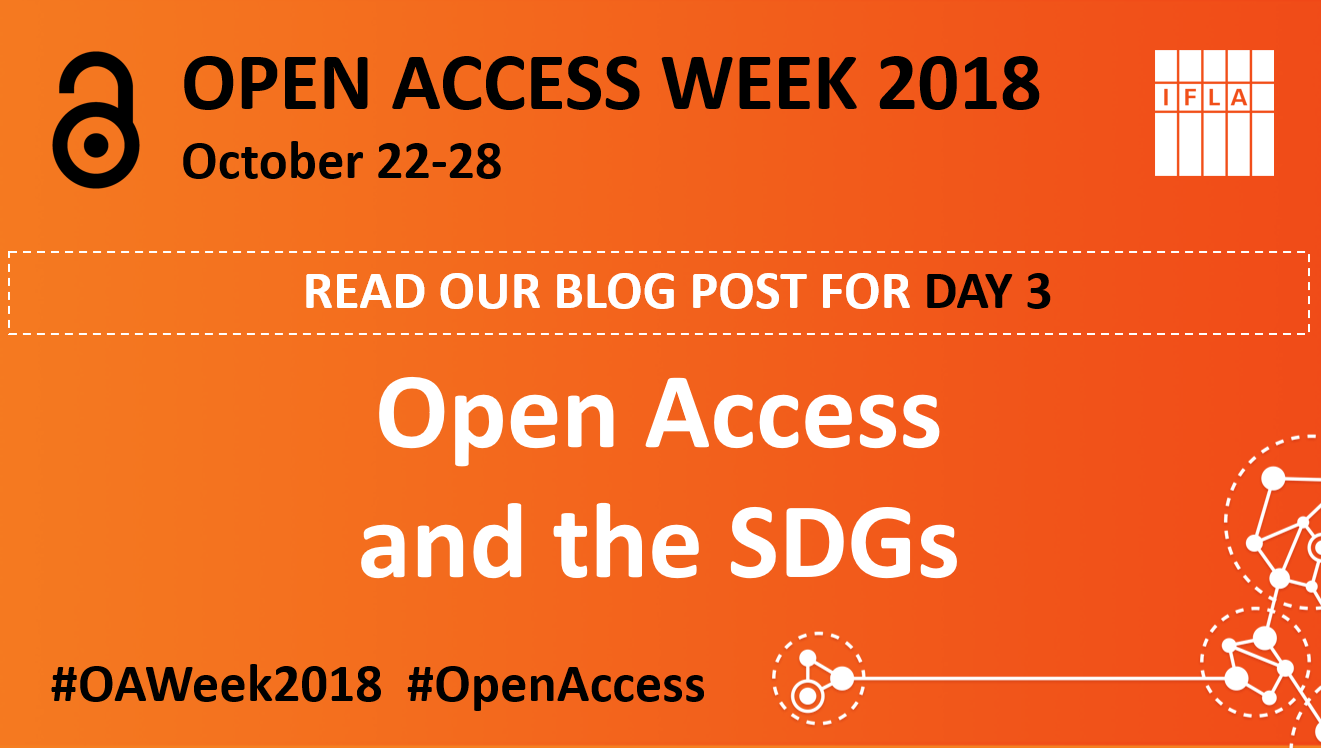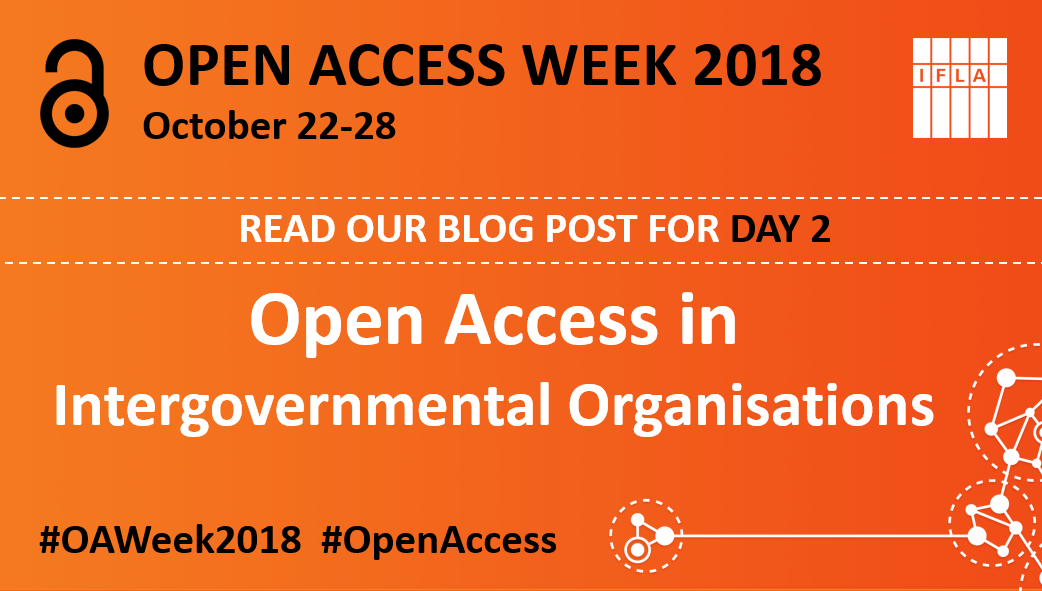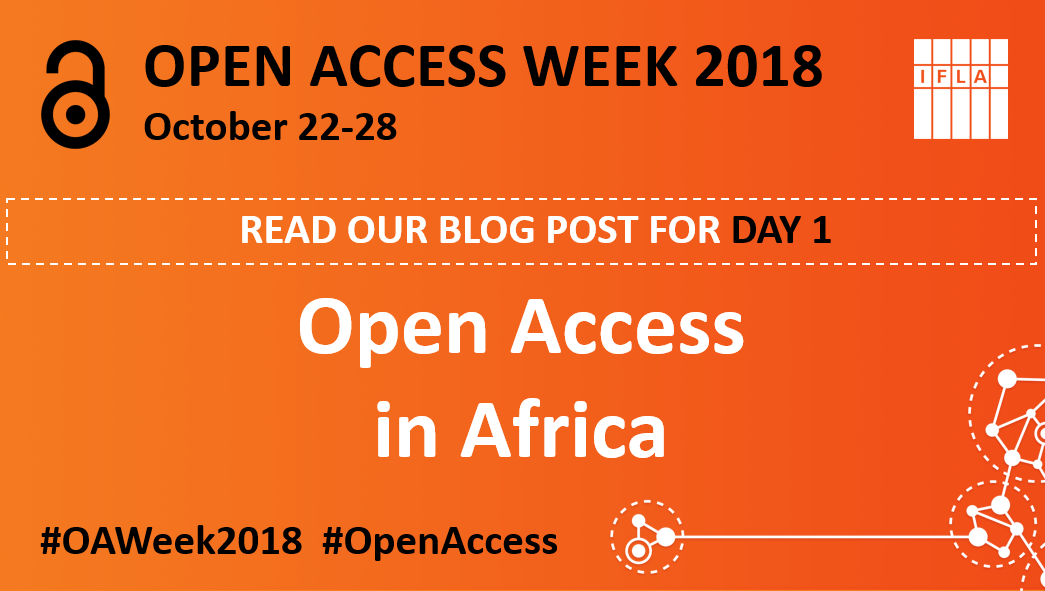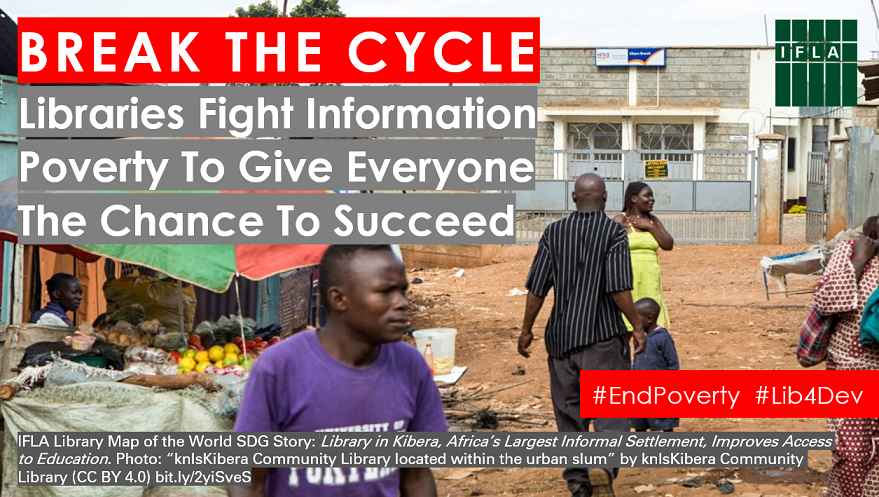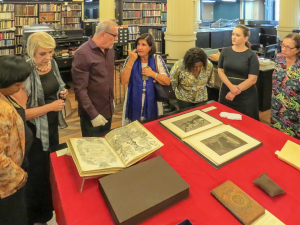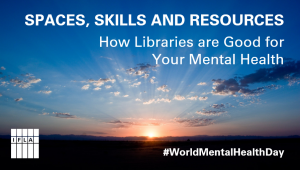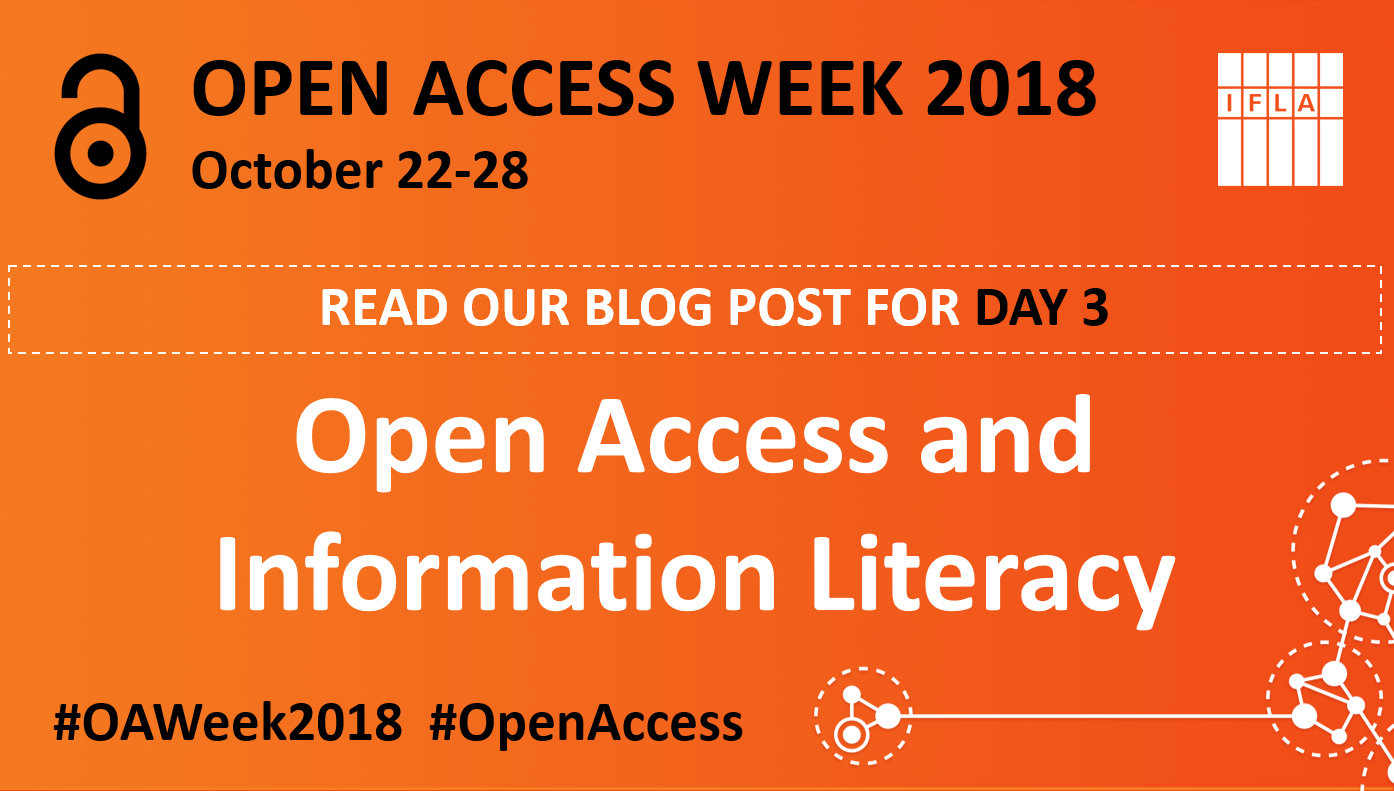
It isn’t only Open Access that is being celebrated this week. Today also marks the first day of Global Media and Information Literacy (MIL) Week, organised by UNESCO.
The communities involved in the two events tend to differ. MIL Week brings together educators and journalists, with a strong focus on developing new tools and practices.
Open Access week is an opportunity for researchers and others involved in scholarly communications to reflect on the present and future of efforts to maximise access. Of course, libraries have a major role to play in both.
However, the specific issue of ‘deceptive journals’ brings these two fields together.
The Reputation of Open Access
Deceptive journals are academic publications which knowingly publish articles in exchange for payment by authors, without offering any meaningful editorial services (peer review, editing, quality control).
In effect, they use, or rather abuse, one particular model of open access – author-pays publication. They undoubtedly also benefit from the pressure on many academics to publish in order to pursue their careers.
Despite a tendency to believe, this is not just a developing country issue either, with recent research showing that academics in richer countries are also guilty of publishing in such journals.
The problem is that that link between deceptive journals and the author-pays model can become, in the heads of some, a feeling that open access journals in general are less credible. This, in turn, risks slowing the progression of Open Access in general, as highlighted in our blog “Effect of Open Access on Copyright Challenges and Library Budgets in Africa“.
Clearly open access faces a number of fundamental questions in its future, which the organisers of Open Access Week are tackling head on. Among these, ensuring future credibility is a key one.
Won’t Get Fooled Again?
So what can be done?
The highest profile approach so far has perhaps been Beall’s list, which claimed to identify deceptive (or predatory) journals. The controversy around this underlined the risks around creating ‘black lists’, but has certainly been crucial in awareness raising.
A healthier (and less legally risky) approach seems to be to enable students and researchers to identify high quality places to read or publish articles. Or, in other words, the core ‘information literacy’ traditionally provided by libraries.
This is attractive too – giving people the tools and skills to take their own decisions is, in the long-run, more efficient. It is also less paternalistic.
There are a number of great tools available. Think Check Submit offers a clear and balanced set of criteria, as do various ‘white’ lists (of journals which do respect quality criteria, without necessarily condemning others).
Clearly it’s also important to ensure that the advice given to students and researchers also respects information literacy, and does not fall into the trap of damning journals from developing countries, either explicitly, or by default.
There has been welcome cooperation between publishers, libraries and researchers already in this field. More needs to be done, however, to spread good ideas, around the world.
While the coincidence of Open Access and Global Media and Information Literacy Week in terms of dates is accidental, information literacy will play a vital role in tackling one of the barriers to the success of open access.
It is also a useful reminder that, alongside efforts to promote information literacy in situations outside of academia, that core element of work in academic libraries is as important as ever.
